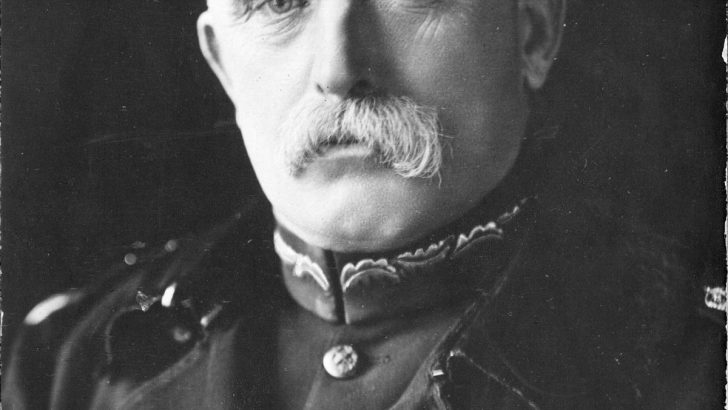100 Years On…
Irish industry was a subject of real concern a century ago, writes Gabriel Doherty
One of the many striking aspects of The Irish Catholic during the period under review was the sheer range and diversity of the subjects discussed within its pages. There were, as one would expect, a plethora of articles on what might loosely be described as the ‘internal’ life of the Church – Masses, retreats, pilgrimages, doctrinal developments, church appointments, the work being done by Catholic charities, and the like – and also discussion of aspects of the Church’s engagement with the outside world (most especially through its coverage of Vatican affairs).
The editor, however, never lost sight of the fact that the faithful in Ireland looked to the Church as a well-spring of ideas for the life of the nation more generally, and every so often provided thought-provoking commentary on a range of secular issues.
The editorial discussion on the theme of Irish post-war industrial reconstruction in the edition of September 28, 1918, was a case in point. The article began by noting that the distinct nature of the Irish economy had historically been overlooked by British policy-makers, who assumed that what was good for the rest of the United Kingdom must ipso facto be good for Ireland.
To illustrate the point the author cited the application to Ireland of the 1911 National Insurance Act, the provisions of which, it was argued, might have been appropriate for the industrial English economy but were not suited to Irish rural life. (Of course, it might have been pointed out, by way of a counter, that England, too, had its farms and farmers, while Ireland had its own industrial heartland, in north-east – and thus largely Protestant – Ulster.)
Sceptical
The author was conscious, but sceptical, of promises to assist in the process of reconstruction recently made by Lord Lieutenant Viscount French. With past experience in mind, there was a natural suspicion that the offer of better government was being proffered in lieu of the promise of self-government contained in the 1914 Home Rule Act, which remained in abeyance pending the war’s end.
Rebutting the argument that Ireland needed the British political connection in order to prosper economically, the leader-writer argued that the reverse was true, that “the arrest of her [Ireland’s] industrial development is directly attributable to the hostile attitude of her alien rulers”.
More welcome to the paper was the speech made during the previous week by Chief Secretary Edward Shortt, who had lamented the fact that Ireland’s agricultural exports consisted disproportionately of live animals, unprocessed foodstuffs, or raw materials such as wool.
Shortt noted the malign consequence of this pattern of trade, namely that the added value to be gained through an indigenous food processing industry was lost to the country. Not surprisingly, however, he neglected to dwell on the politically sensitive charge that it was to the food producers “across the water” that this added value accrued.
It was to take another 40 years, and the Lemass revolution of the 1960s, for the potential of this Irish food-processing industry to be properly realised.
The paper was almost as far ahead of its time in lamenting the failure to nurture Ireland’s water resources, its inexhaustible reserves of ‘white coal’, as a means of generating electricity – this a full seven years ahead of the ‘turning of the sod’ at the start of the Shannon hydro-electric scheme.
While the discussion of the subject matter may have been a little cursory in certain respects, the editorial is a useful corrective to some lazy modern commentary, which suggests that the Irish Catholic Church of the day was contemptuous of, or hostile or indifferent to, the development of industry in the country. The explanations for the subsequent failures in this area, it seems, need to be sought elsewhere.
Gabriel Doherty teaches in the Department of History, UCC, and is a member of the Government’s expert advisory group on the Decade of Commemorations.


 Lord Lieutenant Viscount John French
Lord Lieutenant Viscount John French 